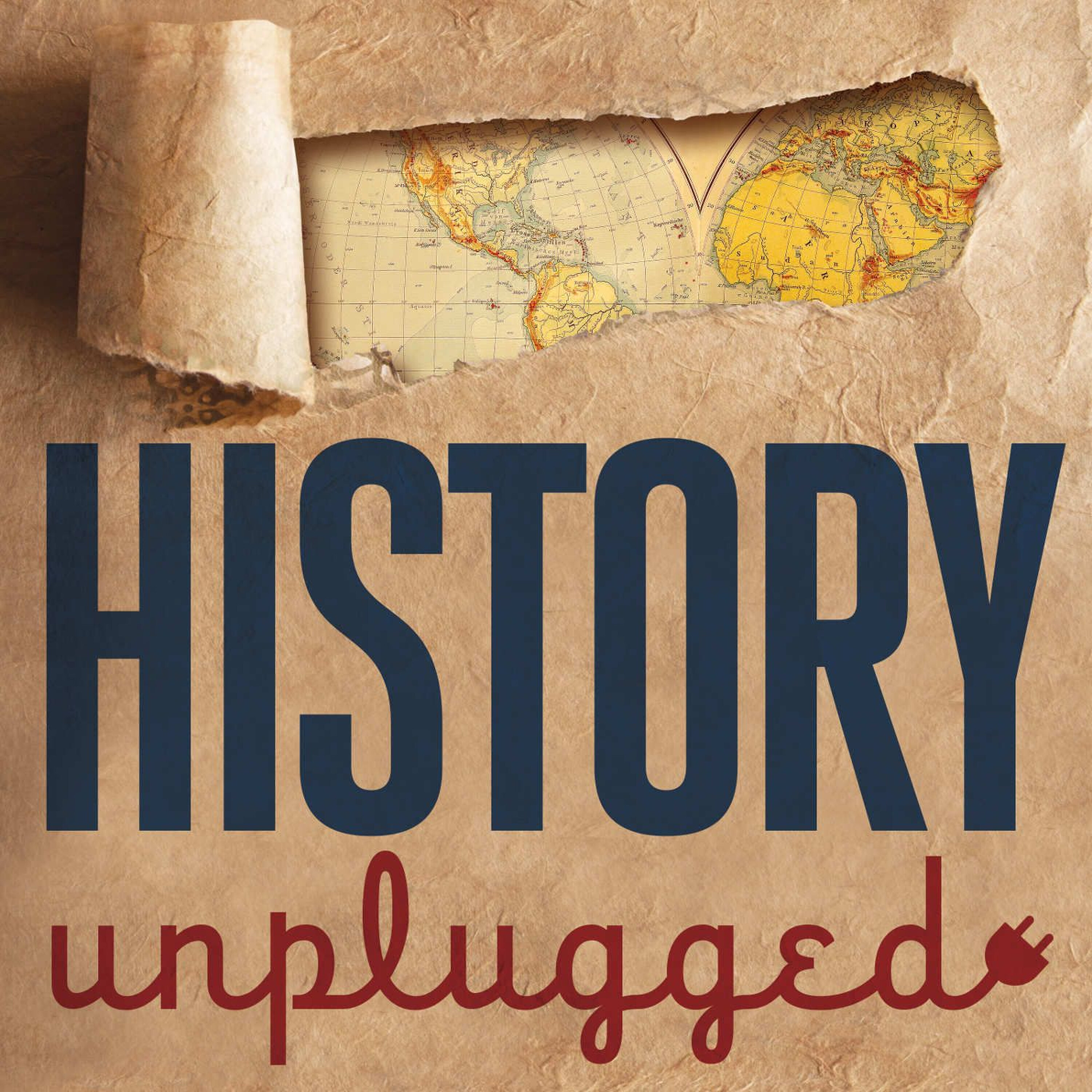
Everyone Loves Free Markets. But This Meant One Thing To Romans And Something Completely Different to Milton Friedman
 2022-12-20
2022-12-20
Download
Right click and do "save link as"
“Free market” is a concept beloved by many but understood in incredibly different ways. Most use Milton Friedman’s definition: the absence of any and all government activity in economic affairs. In the Cold War, free markets were understood to be a feature of liberty that set the free world apart from the planned economies of communist nations. Politicians use “free markets” as a stand-in for less government regulation or red tape or taxation.
To interrogate this idea is Jacob Soll, author of “Free Market: The history of an idea.” He wonders why, in the United States, where the concept of free markets are universally loved, we’ve had two government bailouts in less than twenty years and whether our understanding of the term needs reappraisal. We discuss how we got to this current crisis, and how we can find our way out by looking to earlier iterations of free market thought.
Contrary to popular narratives, early market theorists believed that states had an important role in building and maintaining free markets. Roman thinkers such as Cicero believed the Roman Empire built and sustained trade. Throughout the Middle Ages, kingdoms were highly protectionist. But in the eighteenth century, thinkers insisted on free markets without state intervention, leading to a tradition of ideological brittleness.
Tracing the intellectual evolution of the free market, Soll argues that we need to go back to the origins of free market ideology to truly understand it—and to develop new economic concepts to face today’s challenges.
view more
To interrogate this idea is Jacob Soll, author of “Free Market: The history of an idea.” He wonders why, in the United States, where the concept of free markets are universally loved, we’ve had two government bailouts in less than twenty years and whether our understanding of the term needs reappraisal. We discuss how we got to this current crisis, and how we can find our way out by looking to earlier iterations of free market thought.
Contrary to popular narratives, early market theorists believed that states had an important role in building and maintaining free markets. Roman thinkers such as Cicero believed the Roman Empire built and sustained trade. Throughout the Middle Ages, kingdoms were highly protectionist. But in the eighteenth century, thinkers insisted on free markets without state intervention, leading to a tradition of ideological brittleness.
Tracing the intellectual evolution of the free market, Soll argues that we need to go back to the origins of free market ideology to truly understand it—and to develop new economic concepts to face today’s challenges.
More Episodes
Growing Up as the Daughter of WW2 Spies
 2022-11-17
2022-11-17
 2022-11-17
2022-11-17
How to Escape From a Nazi Prison Fortress
 2022-09-27
2022-09-27
 2022-09-27
2022-09-27
012345678910111213141516171819
Create your
podcast in
minutes
- Full-featured podcast site
- Unlimited storage and bandwidth
- Comprehensive podcast stats
- Distribute to Apple Podcasts, Spotify, and more
- Make money with your podcast
It is Free
- Privacy Policy
- Cookie Policy
- Terms of Use
- Consent Preferences
- Copyright © 2015-2024 Podbean.com



